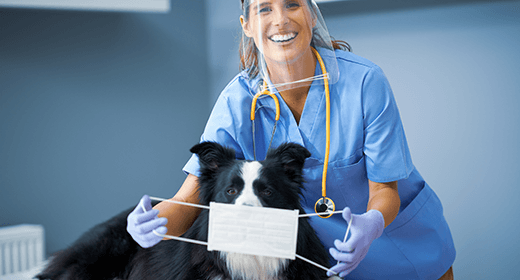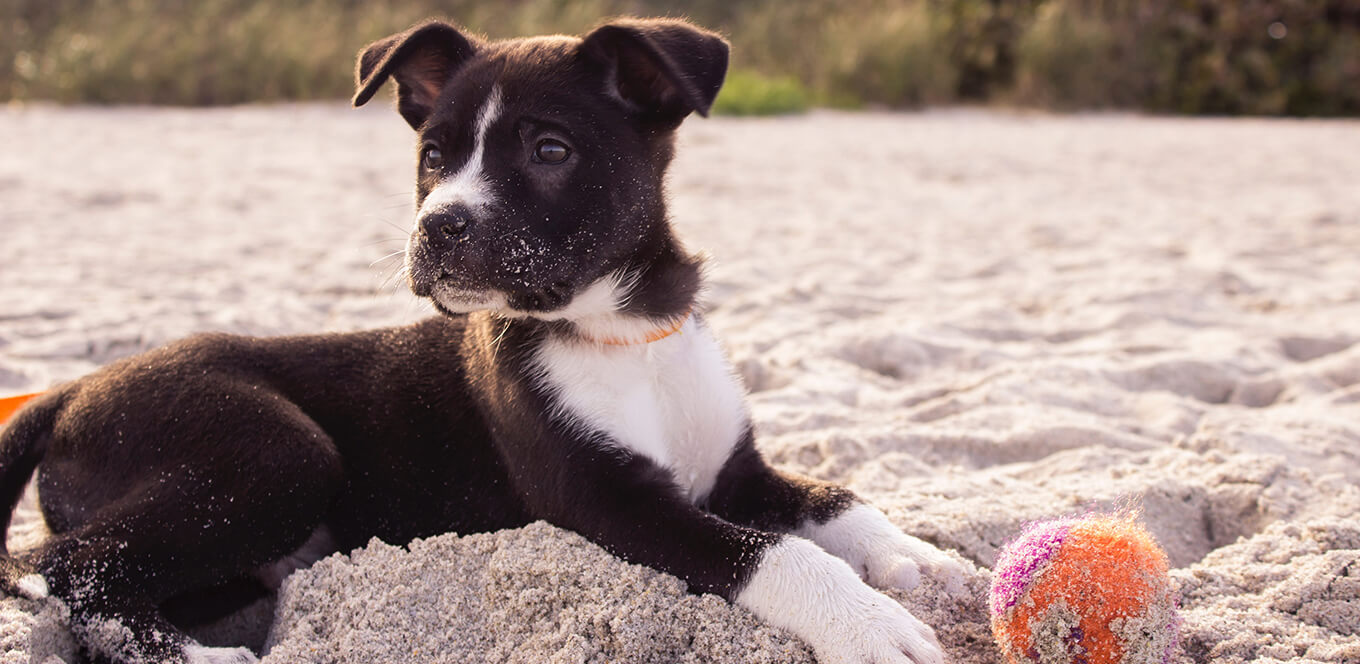

In these unprecedented times we are all concerned about each and every member of the family, including the four-legged ones. Our friends and expert partners at the Waltham Petcare Science Institute have been working tirelessly for more than 50 years to bring their scientific knowledge to benefit pets all around the world. Together, we are closely monitoring the latest events and scientific insights surrounding coronavirus. Please follow this
Opens a new windowlink to Waltham’s latest guidance on how to care for your pet during Covid-19.


The timeline for feeding your new puppy changes rapidly over the first six months. Learn what and how you should feed your puppy based on the key development milestones she will experience.
Due to breed differences and animal individuality, it is impossible to predict exact dates for a puppy’s growth and development milestones. However, by using the following milestones as a guide for healthy growth, developmental problems can be spotted — and possibly prevented — early on. By knowing these milestones, you’ll also know when your puppy is ready to begin weaning.
| Age | Milestone |
|---|---|
| 7-10 days old | Puppies double their birth weight. Puppies begin to urinate and defecate on their own. |
| 10-18 days old | Puppies attempt to stand. Puppies’ eyes begin to open. Puppies’ ears begin to open. |
| 18-21 days old | Puppies hear and respond to noises. Puppies begin to walk. |
| 3 weeks old | Begin weaning process for orphaned puppies. Puppies begin responsive vocalization. Deciduous (baby) teeth will begin erupting. |
| 4 weeks old | Begin weaning process for mother-fed puppies. |
| 3–6 months old | Puppies’ adult teeth erupt. |
When your puppy is ready to begin weaning (at around 4 weeks for mother-fed puppies and 3 weeks for orphaned puppies), use this step-by-step process:
The entire process should take approximately three weeks.

